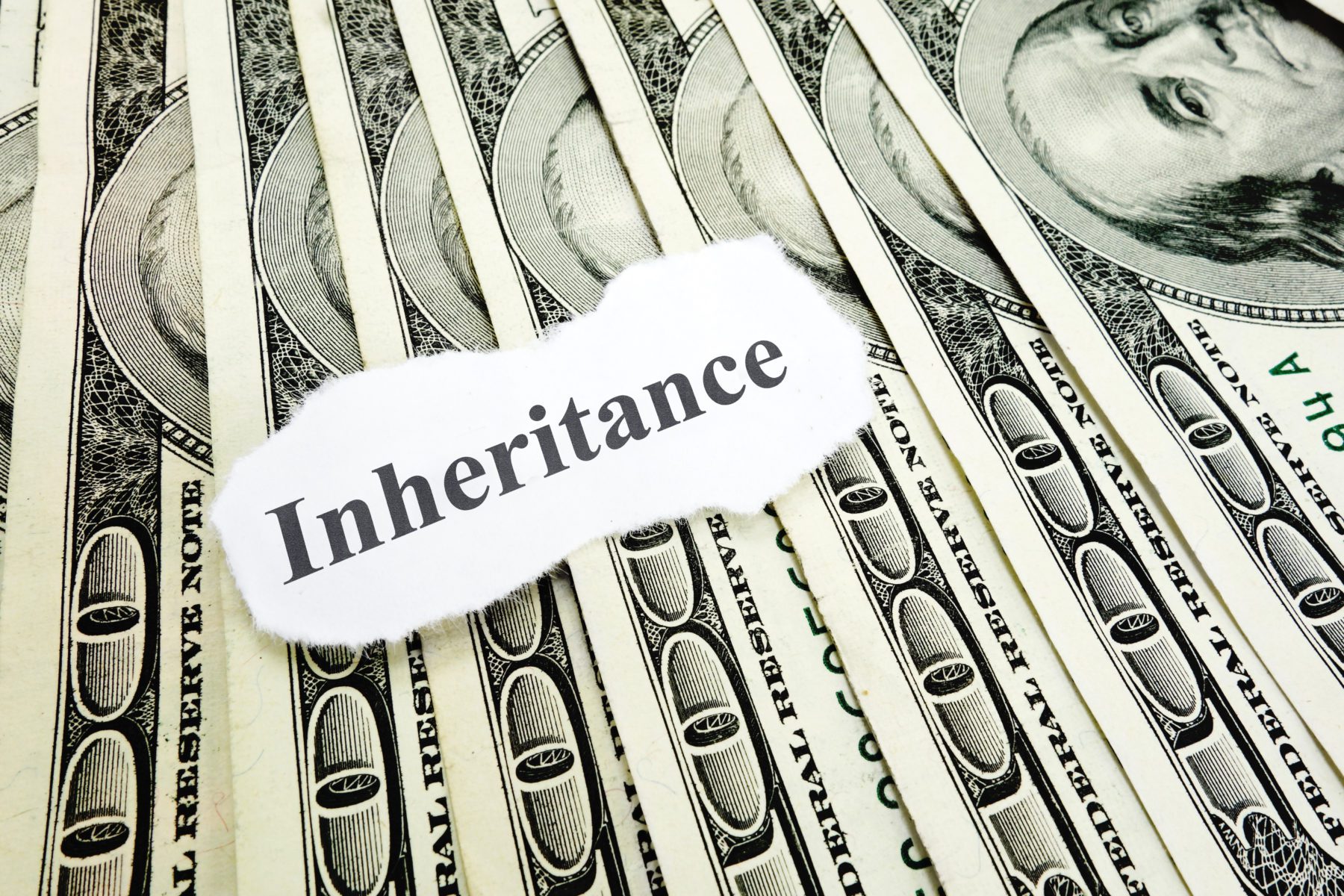Will the Court Divide My Inheritance if I File for Divorce?

Looking for a specific post?
When you are thinking about divorce and learning more about property division in Illinois, we know that you are likely to have many questions. One common set of questions we often receive concerns the classification of marital property for purposes of distribution. For example, are there any kinds of property acquired after the date of the marriage that can be classified as separate property? Or, for instance, are there situations in which property acquired by one of the spouses many years before the marriage ultimately can be classified as marital property and divided in the divorce? Under Illinois law, only marital property—both assets and debts—is subject to division in a divorce, and it is divided based on what the court determines to be equitable with regard to both parties. Separate property is not divided.
In terms of classifying property, how is an inheritance classified? Are there scenarios in which an inheritance can be classified as marital property and divided in a divorce? In most situations, inheritances are classified as separate property, or non-marital property, and are not divided. We will explain why, and then we will also discuss scenarios in which an inheritance (or a portion of it) may be subject to division.
Inheritances and the Classification of Marital and Separate Property
Under Illinois law, “marital property” is defined as “all property, including debts and other obligations, acquired by either spouse subsequent to the marriage.” By that definition, it might seem as though an inheritance that one of the spouses receives during the marriage would be classified as marital property and divided. However, the statute lists exceptions to this definition. Some of those exceptions are as follows:
- Gifts or inheritances;
- Property acquired after legal separation;
- Property excluded by a premarital agreement or a postnuptial agreement;
- Property acquired before the marriage;
- Increase in value of non-marital property; and
- Income from non-marital property.
Generally speaking, an inheritance falls into the first category of property excepted from marital property—property acquired by legacy or descent. Accordingly, an inheritance you acquire during your marriage will be classified initially as non-marital property, as will an inheritance you acquired prior to the date of the marriage.
When an Inheritance May Have Characteristics of Marital Property
While an inheritance is, in most situations, non-marital property that does not get divided in a divorce, this could change if the property has become commingled. For example, if you inherit property and then invest that property into a marital business, or if you use the inheritance to pay for renovations to your marital home, the inheritance can have characteristics of both marital and non-marital property.
In such a situation, the court typically will attempt to sort out what portion is marital and what portion is separate property, but some of the inheritance could end up being classified as marital property and subject to division.
Contact a Chicago Property Division Lawyer
If you have questions about property division in your divorce, a Cook County divorce attorney can assist you. Contact Arami Law, Inc. for more information.


